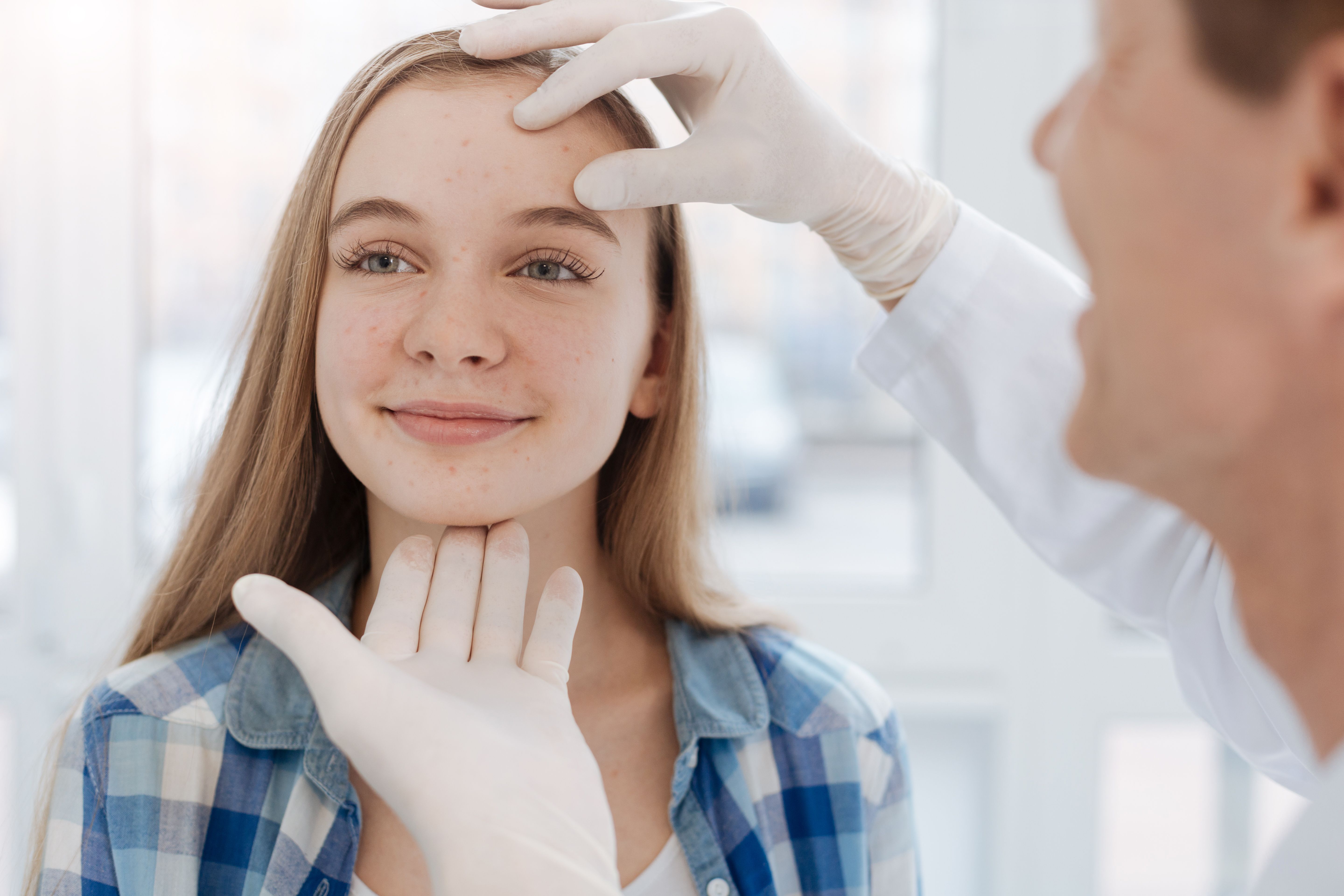Young Adults’ Skin Care Habits Shaped by Social Media, Study Finds | Dermatology Times

Recent research from the University of Innsbruck has provided new insights into how social media influences patient skin care behaviors and perceptions of dermatologic health. The findings reveal both the promise and pitfalls of digital communication, emphasizing that dermatologist-led content can meaningfully shape preventive behavior, yet remains vastly underrepresented compared to influencer-driven material.1
Social Media: A Growing Force
With around 60% of the Austrian and German populations now active on social media, patients increasingly use platforms such as Instagram, TikTok, and YouTube for skin health information and aesthetic trends. However, the study reports that “a significant portion of dermatological content on YouTube, Instagram, and TikTok contains inaccurate and incorrect information,” much of it generated by non-medical influencers. This underscores the urgent need for evidence-based dermatologic voices to occupy these digital spaces.
Methods and Population
Researchers conducted an online cross-sectional survey using a 34-item questionnaire distributed among students at the University of Innsbruck between October 2024 and January 2025. The analysis included 454 complete responses, primarily from young adults (mean age: 24.8 years). The survey examined social media habits, perceived influence on skin care, and exposure to professional versus non-professional dermatologic content.
Key Results
Nearly all respondents (96.3%) reported daily social media use. Statistical analysis showed a significant correlation between increased daily use and perceived influence on skin care practices (p = 0.014). Importantly, those who consumed dermatologist-authored content were more than twice as likely to follow a structured skin care routine compared with those relying on influencer material (p < 0.001).
Gender differences were also evident: 47% of women versus 10% of men reported following a skin care routine (p < 0.001), and women were significantly more likely to have undergone aesthetic procedures (10% vs. 1.5%; p = 0.001). Additionally, only 14.8% of participants had seen content depicting skin of color, indicating a substantial representation gap.
Overall, 68.1% of respondents expressed a clear desire for more dermatology-led content, an indicator of both patient trust in medical expertise and the untapped potential for dermatologists to engage audiences online.
Professional Relevance and Ethical Considerations
This recent research highlights how social media has evolved into a major determinant of health perception and behavior among younger adults. Participants exposed to verified dermatologic content demonstrated more informed and proactive skin health practices, validating social media’s potential as a preventive health tool.
Yet, as the authors note, “the discrepancy between the desire for expert information and the actual information available… should therefore be seen as a call to action for dermatological societies, clinics and general practitioners.” Ethical transparency remains critical—patients often cannot easily identify whether an online content creator is a board-certified dermatologist. Verification and professional labeling could mitigate misinformation risks and enhance public trust.2
Limitations and Outlook
Because the cohort was limited to university students, the findings may not fully represent broader populations. Nonetheless, the data offer a valuable foundation for future multicenter and population-based studies examining age, gender, and diversity in dermatologic social media engagement.
The study’s message is clear: dermatologists have both a responsibility and opportunity to reclaim the narrative around skin health online. Professional engagement in social platforms can advance prevention, strengthen public education, and counteract the flood of non-evidence-based advice dominating current feeds.
References
-
Lammer M, Wanner M, Bellmann P, Seidl-Philipp M, Schmuth M. Integrating social media into modern dermatology – a cross-sectional study. J Dtsch Dermatol Ges. Published online October 5, 2025. doi:10.1111/ddg.15911
-
Trepanowski N, Grant-Kels JM. Social media dermatologic advice: Dermatology without dermatologists. JAAD Int. 2023 May 26;12:101-102. doi: 10.1016/j.jdin.2023.05.004. PMID: 37404249; PMCID: PMC10315776.
link







